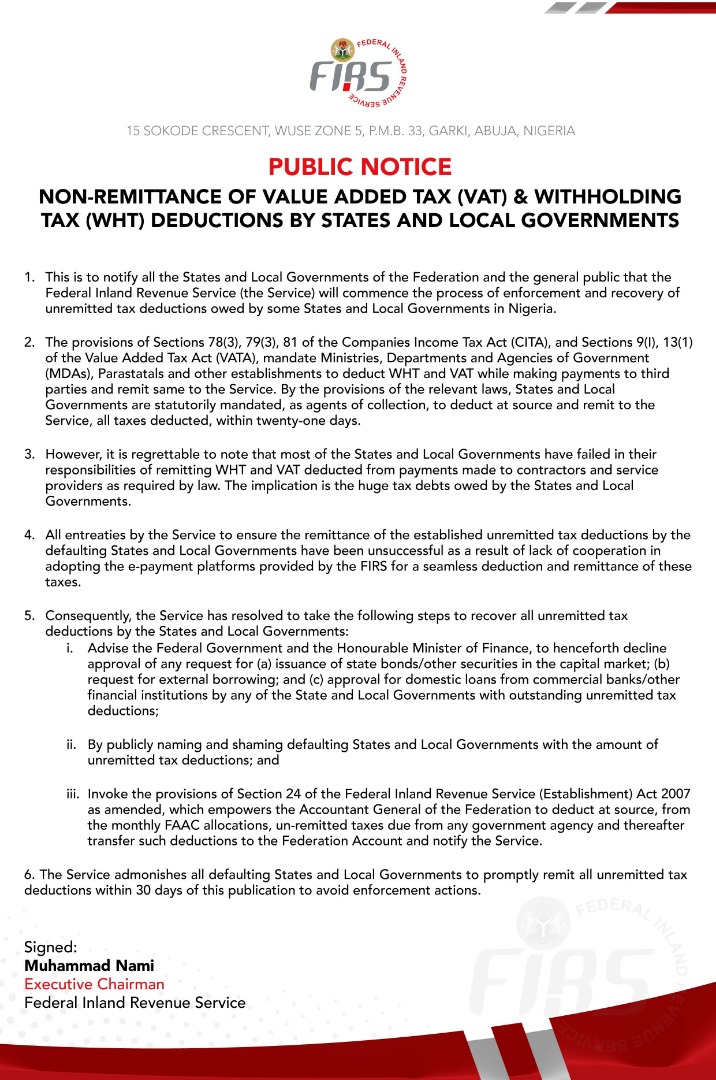 The Oyo House of Assembly, on Thursday, passed the 2018 Appropriation bill of N271,731,742,260.31 into law.
The Oyo House of Assembly, on Thursday, passed the 2018 Appropriation bill of N271,731,742,260.31 into law.
The approved sum is an addition of N4,295,384,348.02 to the initial sum of N267,436,357,912.19 presented by Governor Abiola Ajimobi on December 14, 2017.
The approved sum covers a recurrent expenditure of N121,789,745,679.69 and capital expenditure of N149,941,996,580.61.
This Assembly’s approval of the budget sum followed a consideration of the report of the Committee on Public Accounts, Finance and Appropriation, as presented by Committee Chairperson, Honourable Bolanle Agbaje.
The approved sum shows that the state governor’s office was allocated a total sum of N14,023,174,368 while the legislature is to spend N3,703,862,528 for the 2018 fiscal year.
While an estimated N19,614,059,624 was set aside for teachers salary, the sum of N1,350,000,000 was approved for the Judiciary.
Towards the May 12 local government election, the sum of N1,260,000,000 was approved for the Oyo State Independent Electoral Commission.
Sums approved for Ministries are, N48,786,508,685 (Works and Transport); N6,762,788,089 (Agriculture and Natural Resources); N5,691,731,438 (Education); N3,253,409,363 (Health).
Also, the state pension board got N13,742,534,706 while the state local government staff pension board was allotted the sum of N6,526,827,000.
In the report, the committee noted that the need for the executive arm to provide necessary logistics, especially rebate, to all revenue-generating Ministries, Departments and Agencies if they were to boost the Internally Generated Revenue (IGR) for adequate financing of the 2018 budget.
The committee noted that there was ineffective monitoring of revenue generation to the state’s coffers due to a shortage of staff and no financial muscle to drive the board.
To realise its target of an IGR driven budget, the appropriation committee tasked the executive to vigorously collect statutory taxes and deal with tax defaulters.
Further, in her presentation, Agbaje noted that agenciES of government that were underutilized included rural water supply and sanitation agency, rural electrification board, library board, bureau of statistics among others.
Also imperative, as stated by Agbaje, was the need for government to train more youths through the Agency for Youth Development so as to reduce youth unemployment.





























